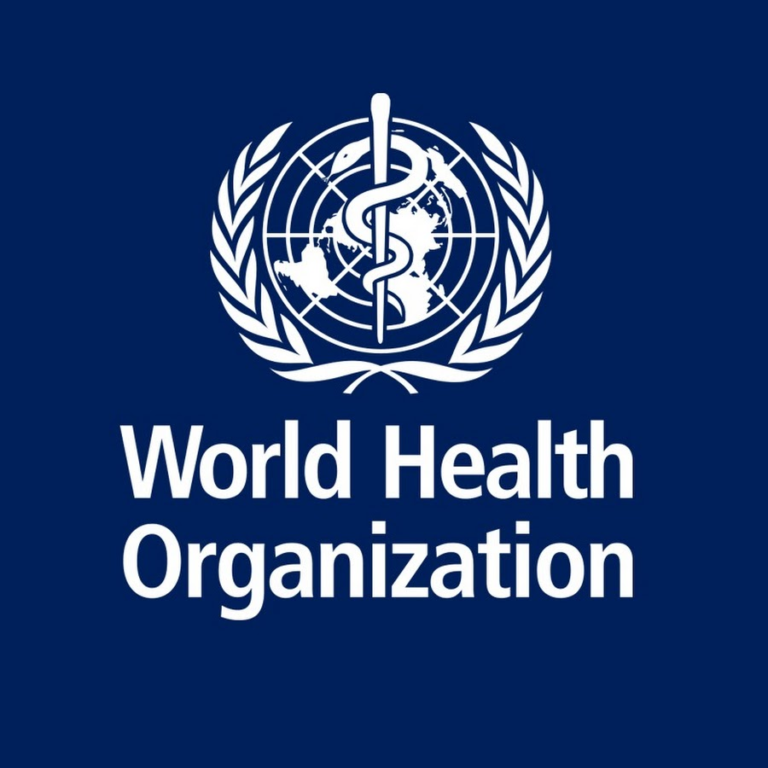As the world commemorates the 2025 International Nurses Day, the World Health Organisation (WHO) has sounded the alarm over a deepening nurse migration crisis in Africa, revealing that 42 percent of the continent’s nursing workforce is planning to emigrate.
Dr. Chikwe Ihekweazu, Acting WHO Regional Director for Africa, issued the warning in a statement on Saturday to mark the global event themed: “Our Nurses. Our Future.” He described the trend as “alarming,” linking it to systemic underinvestment, poor working conditions, and limited career development opportunities.
“Nurses are the backbone of our health systems. Yet nearly half of them are looking to leave, drawn by better pay, safer environments, and clear career pathways in wealthier nations,” Ihekweazu said. “This has far-reaching implications for access to care and health equity.”
Despite progress made—most notably the near doubling of Africa’s nursing workforce from 900,000 in 2018 to 1.7 million in 2023—the continent still lags behind global standards with just 14.1 nurses per 100,000 people, one of the lowest ratios worldwide.
The crisis is further compounded by a looming shortage: Africa is projected to face a deficit of 6.1 million health workers by 2030, with nurses expected to make up two-thirds of that figure. Even among the relatively youthful nursing workforce—43 percent are under the age of 35—many cite poor access to mentorship, specialization, and career progression as key concerns.
“High-income countries are actively recruiting from lower-income settings,” Ihekweazu noted. “In some cases, foreign-born nurses now make up nearly a quarter of the workforce in those countries, draining talent from where it is needed most.”
Funding challenges remain central. The region grapples with a 43 percent shortfall in health workforce financing, while one in every three health workers—mainly nurses and midwives—is either unemployed or underemployed.
Despite the grim outlook, WHO remains hopeful. The 2024 adoption of the Africa Health Workforce Investment Charter is being hailed as a potential game-changer. Zimbabwe, for example, is preparing to commit $166 million annually through its newly developed Investment Compact to bolster workforce development.



























